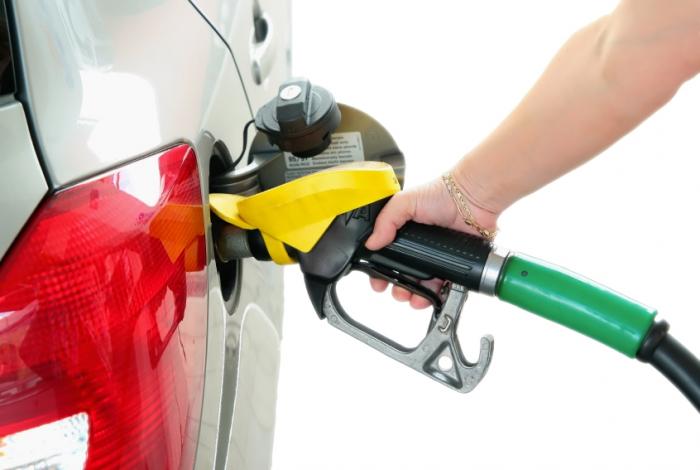Now Reading: Study: Sell last gasoline car by 2035 to complete climate goals
-
01
Study: Sell last gasoline car by 2035 to complete climate goals
Study: Sell last gasoline car by 2035 to complete climate goals

The last gasoline-powered car will need to be offered by about 2035 to put the world on track to restrict global warming to the most strict goal set by world leaders in 2015, a study noted on Thursday.
The report, by a Climate Action Tracker (CAT) backed by three European research study groups, stated an extreme shift was required to clean electric vehicles and fuel efficiency because of the transportation producing about 14 percent of world greenhouse gas emissions.
In December 2015, world leaders at a Paris summit set a goal of limiting a rise in temperatures to “well below” 2 Celsius above pre-industrial times and “pursuing efforts” for a much harder 1.5 C ceiling.
“We determine that the last gasoline/diesel automobile will have to be offered by approximately 2035,” the CAT report said, to make the car fleet constant with remaining below 1.5 C. It assumes the last fossil-fuel cars would be on the roadways till 2050.
The CAT is among the main groups that keeps an eye on government actions to restrict global warming and includes researchers that have authored the UN climate reports.
The phase-out is earlier than set by many automakers. Toyota, for instance, has a “zero carbon dioxide emissions challenge” for new automobiles under which it intends to cut emissions from its vehicles by 90 percent by 2050, from 2010 levels.
Numerous scientists reckon that the 1.5 C objective, seen by numerous developing countries as a hazardous limit for droughts, floods and increasing sea levels, has presently slipped out of reach and that the 2C limit is growing close.
They think temperature levels will practically inevitably overshoot 1.5 C, and brand-new technologies will be needed to deny the global thermostat later this century. This year is set to be the hottest on record, having temperatures about 1C above pre-industrial times.
Stay Informed With the Latest & Most Important News
Previous Post
Next Post
-
 01Polestar Boss Says It’s Time To Outrun BMW M And Mercedes-AMG
01Polestar Boss Says It’s Time To Outrun BMW M And Mercedes-AMG -
 02Spy Shots: 2027 Mitsubishi Pajero Spotted in Testing Ahead of Possible U.S. Return
02Spy Shots: 2027 Mitsubishi Pajero Spotted in Testing Ahead of Possible U.S. Return -
 032026 Toyota Hilux EV: A Powerful Truck with Silent Torque
032026 Toyota Hilux EV: A Powerful Truck with Silent Torque -
 04Spy Photos: VW ID. Polo GTI Goes Electric with 223 HP and 280 Miles of Range
04Spy Photos: VW ID. Polo GTI Goes Electric with 223 HP and 280 Miles of Range -
![2027 Mercedes-Benz S-Class Debuts with V8 Engine [Photo Gallery]](https://speedlux.com/wp-content/uploads/2026/01/2027-Mercedes-Benz-S-Class-33-155x125.jpg) 052027 Mercedes-Benz S-Class Debuts with V8 Engine [Photo Gallery]
052027 Mercedes-Benz S-Class Debuts with V8 Engine [Photo Gallery] -
 06The Controversial Ford Voodoo V8 That Was Killed Off Too Early
06The Controversial Ford Voodoo V8 That Was Killed Off Too Early -
 07Hyundai Palisade’s Breakout Year Shows How Quickly the Market Can Turn
07Hyundai Palisade’s Breakout Year Shows How Quickly the Market Can Turn



![2027 Mercedes-Benz S-Class Debuts with V8 Engine [Photo Gallery]](https://speedlux.com/wp-content/uploads/2026/01/2027-Mercedes-Benz-S-Class-33-700x394.jpg)








































